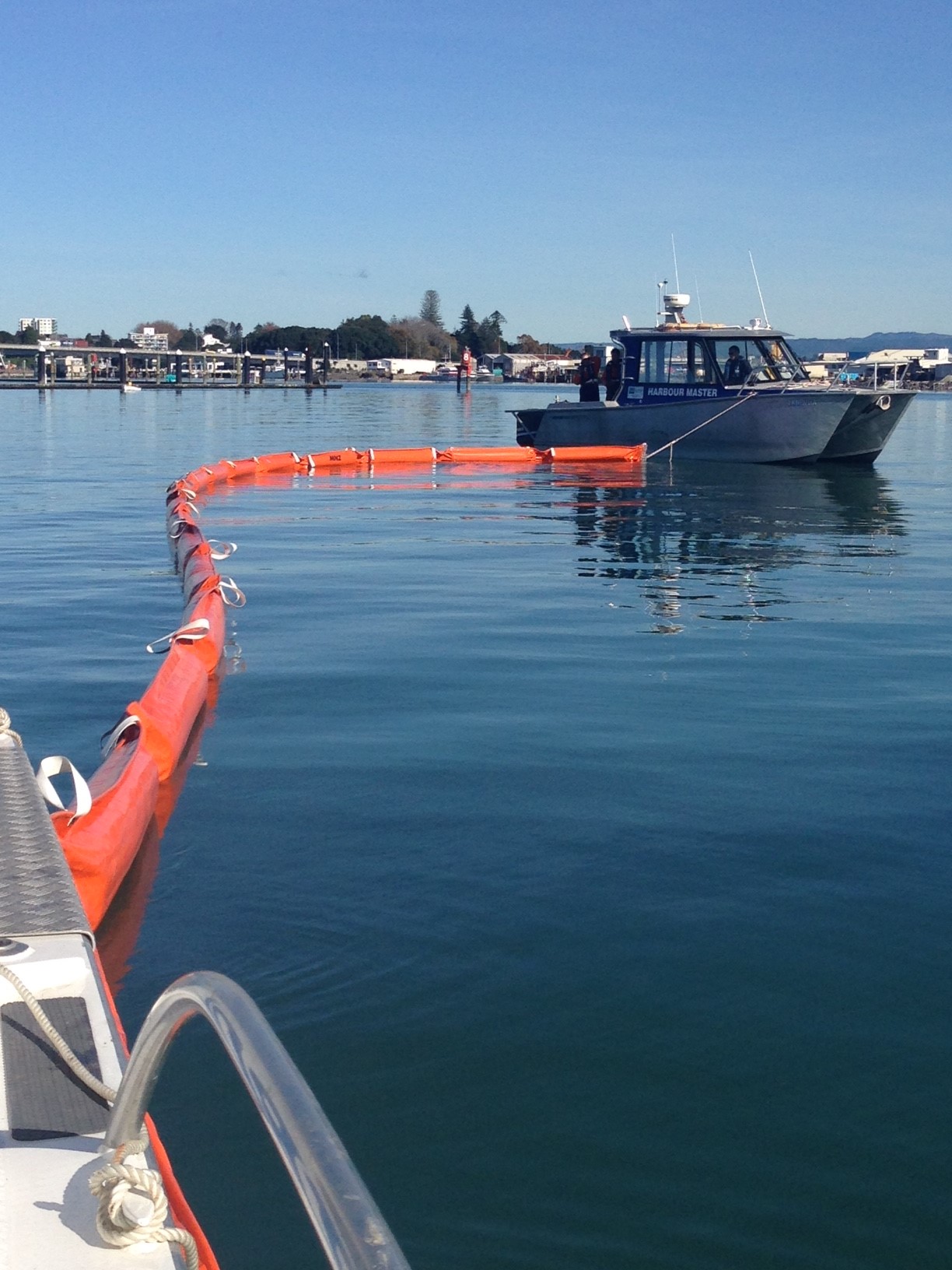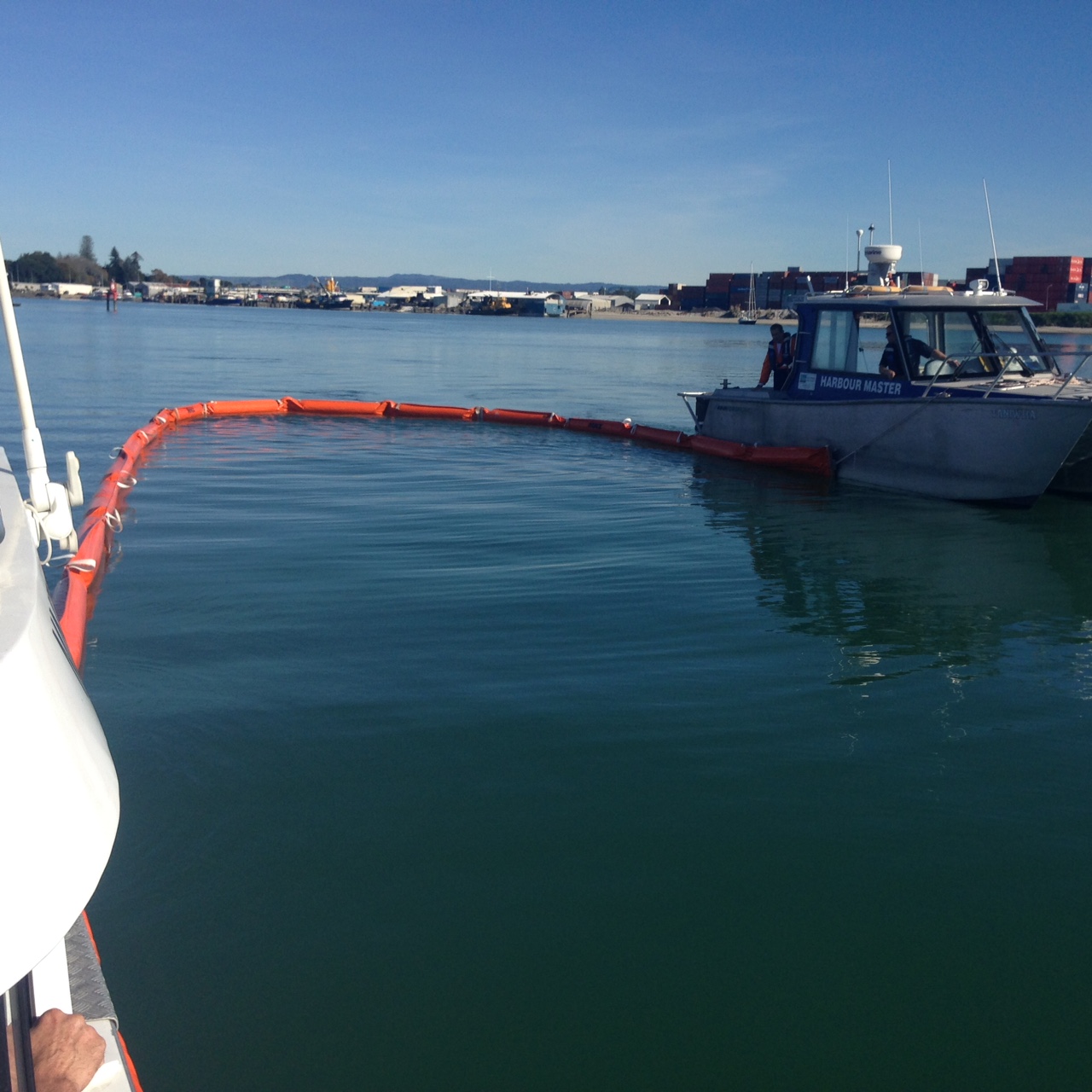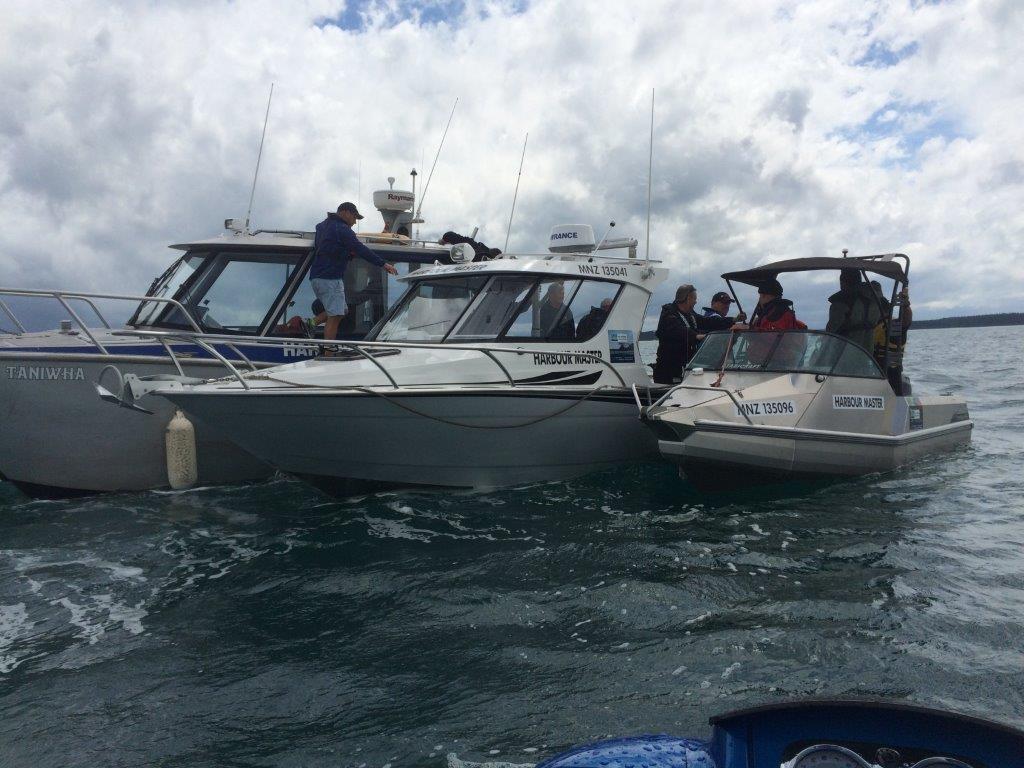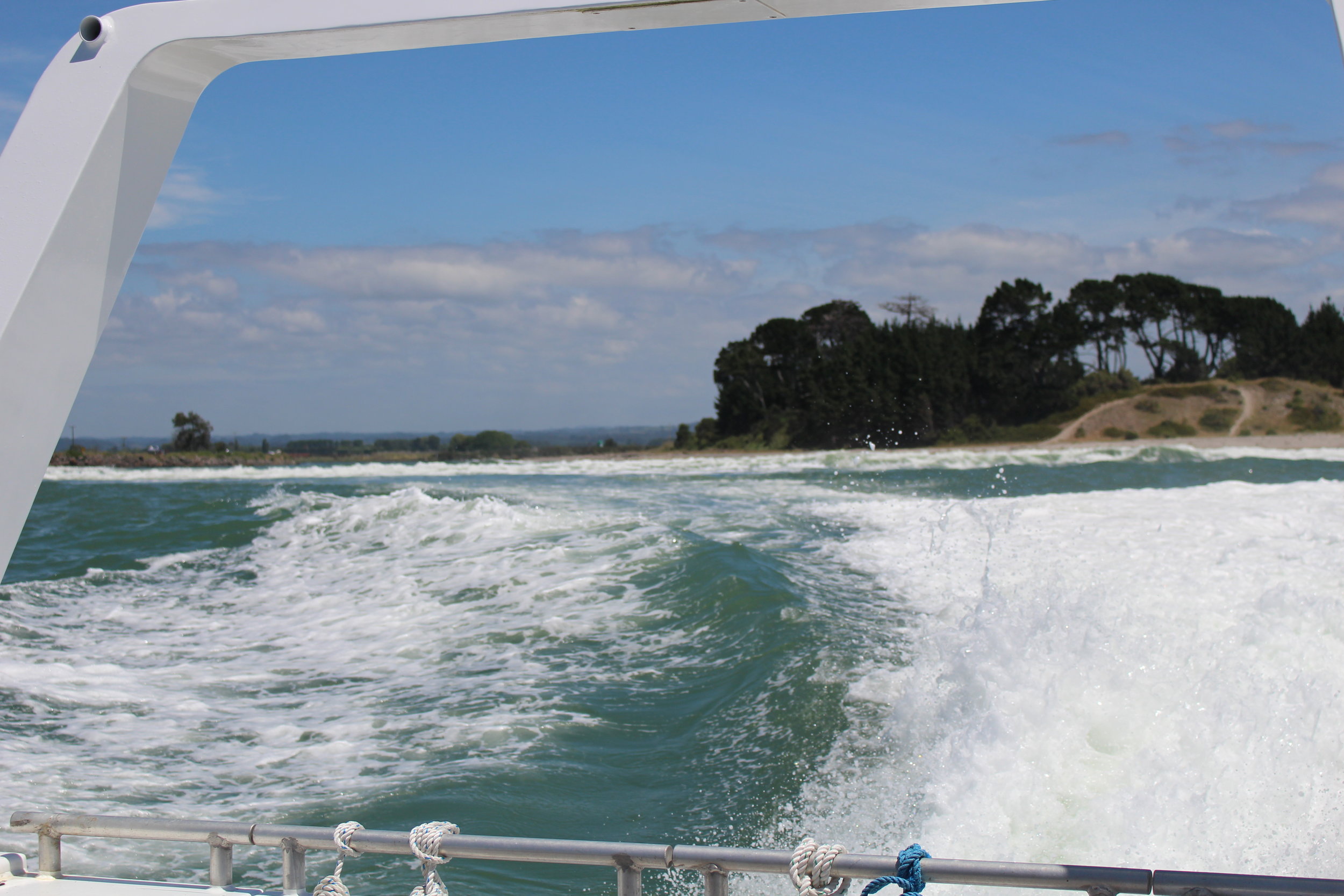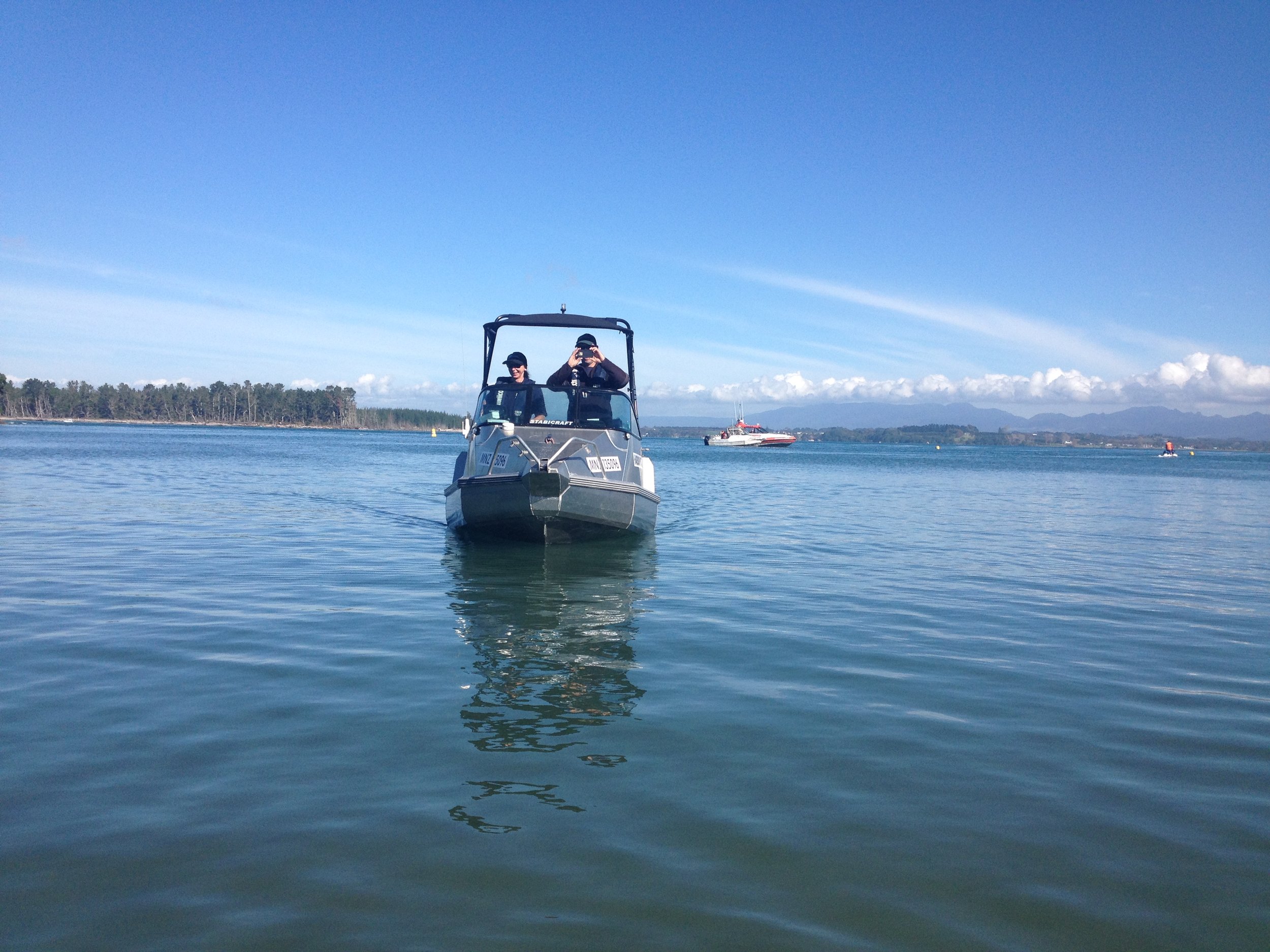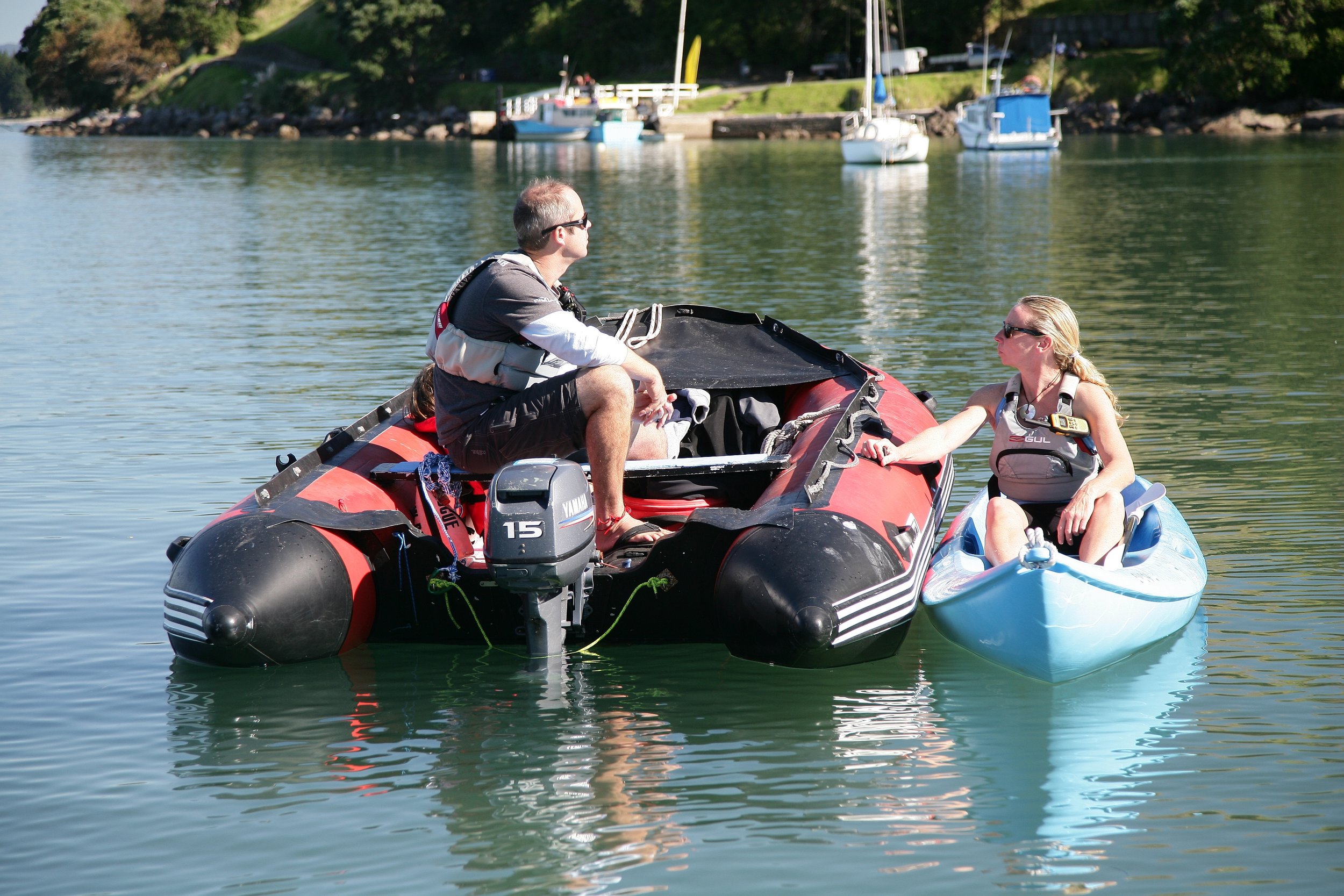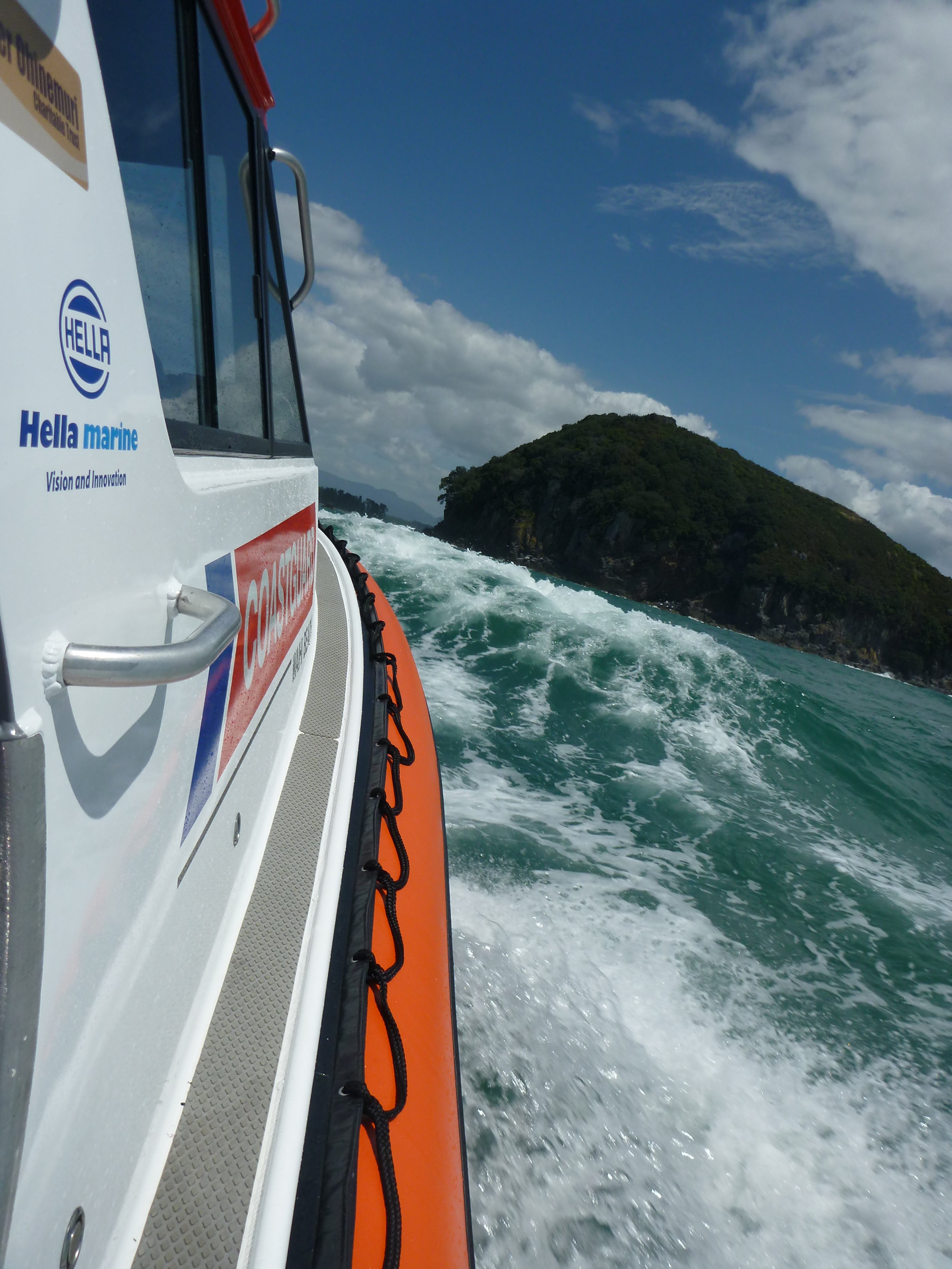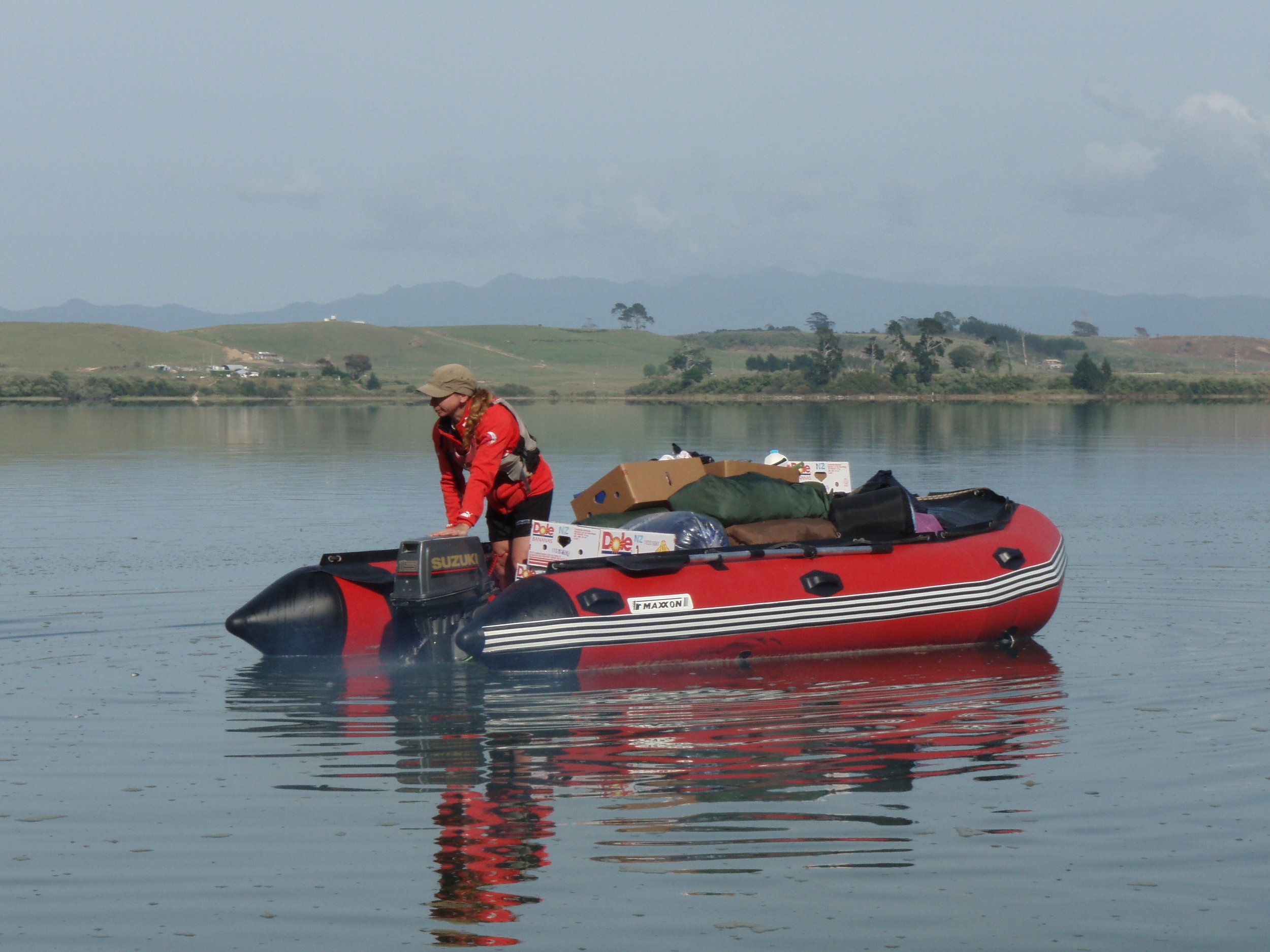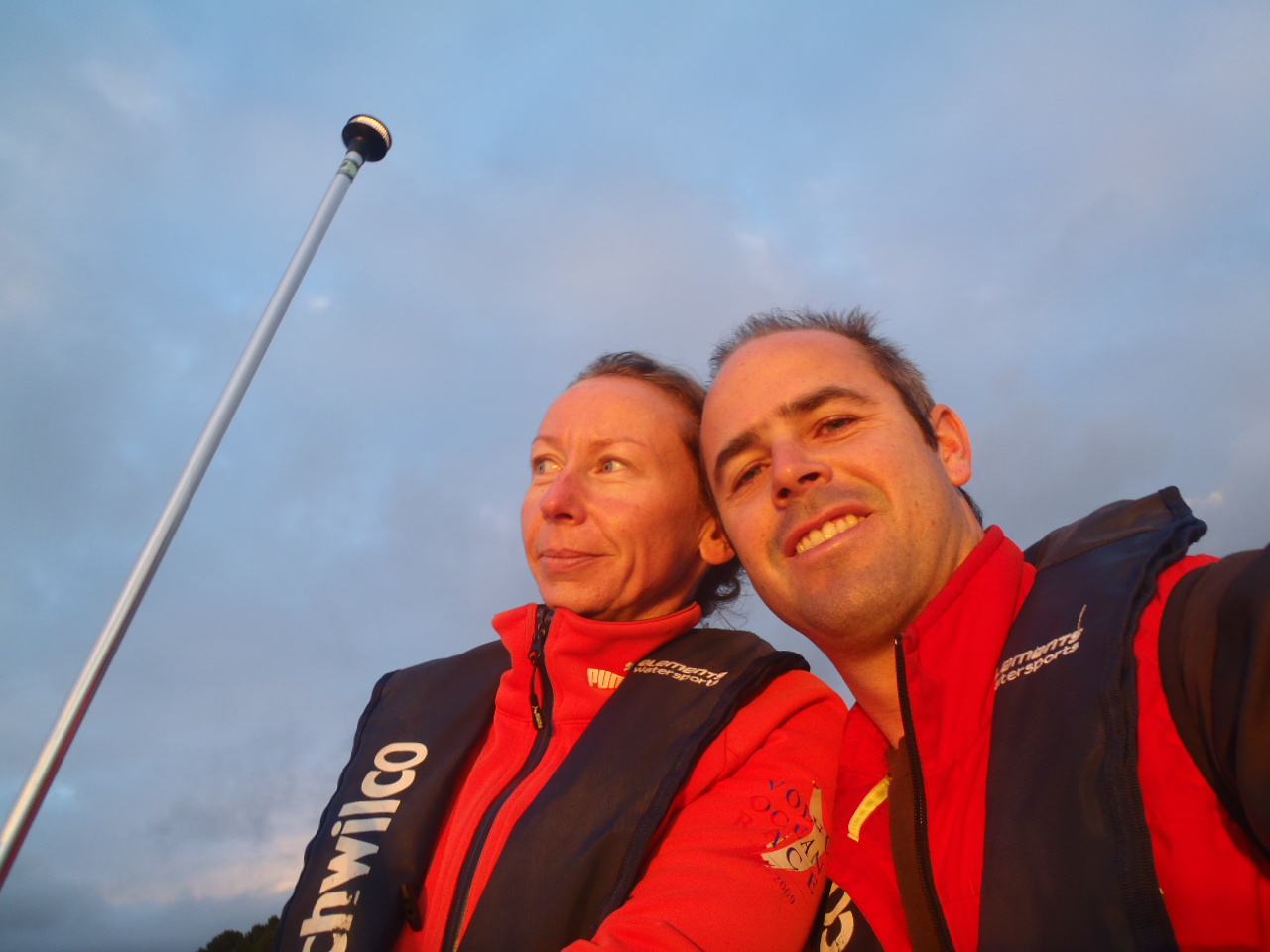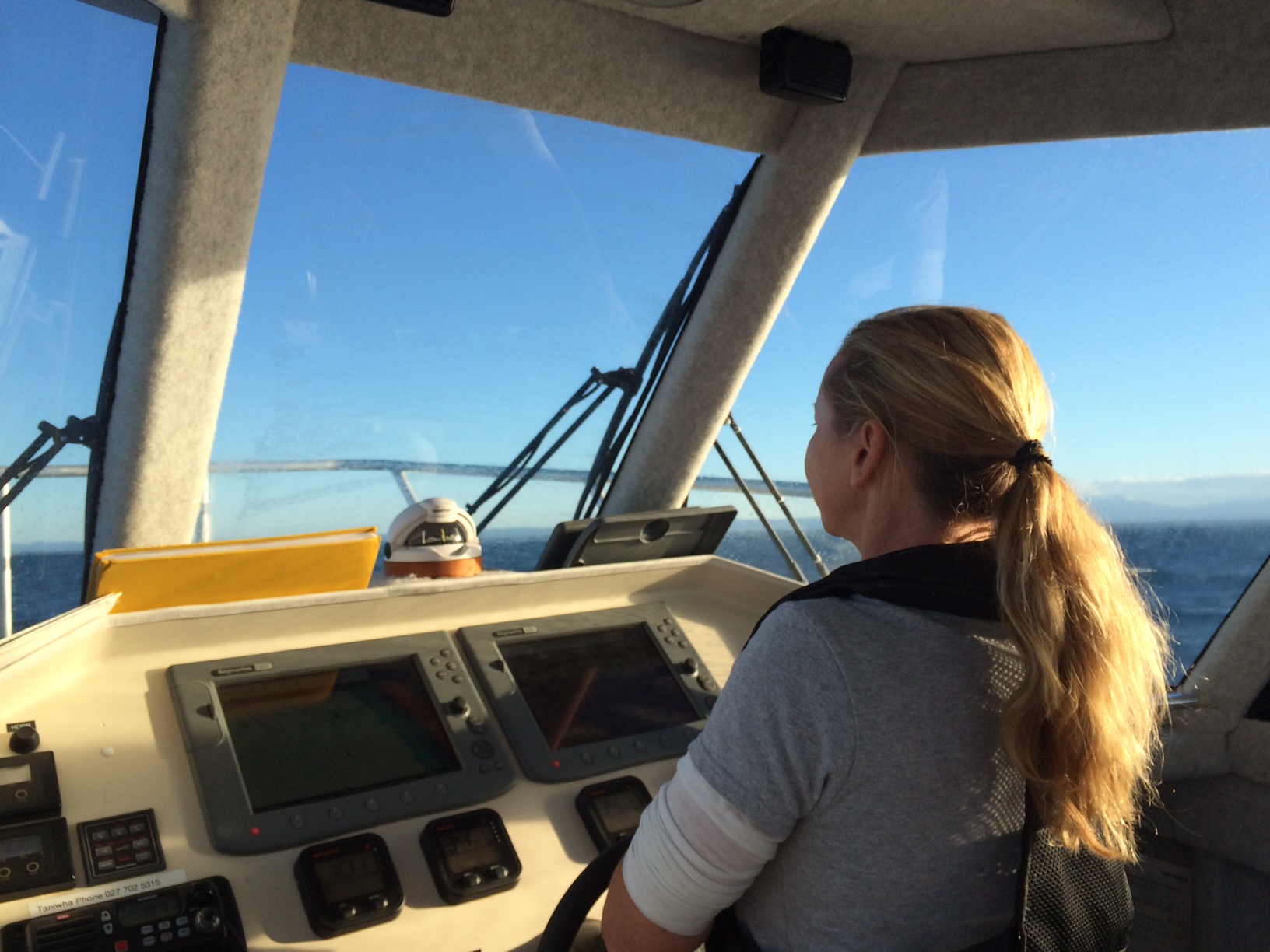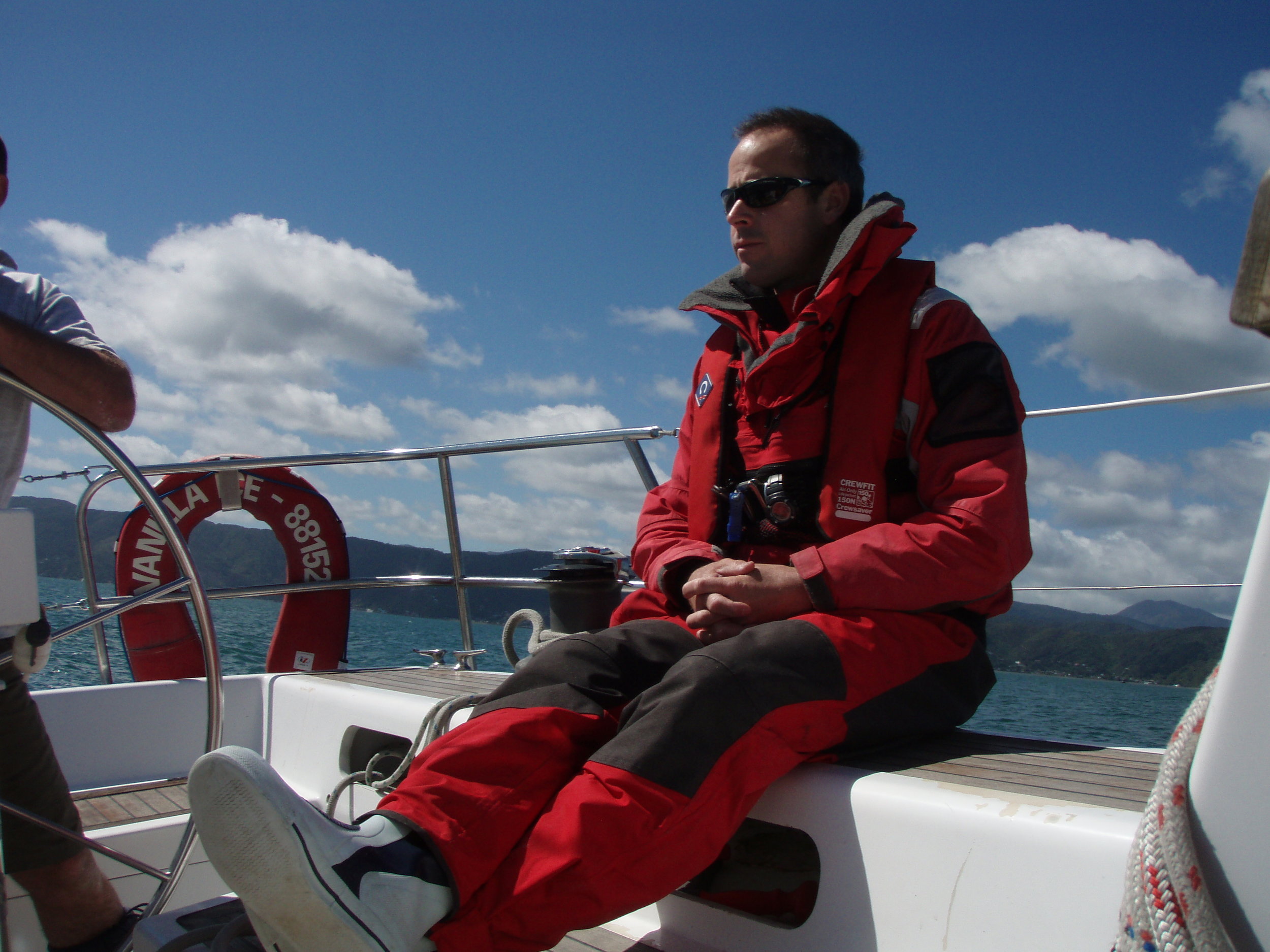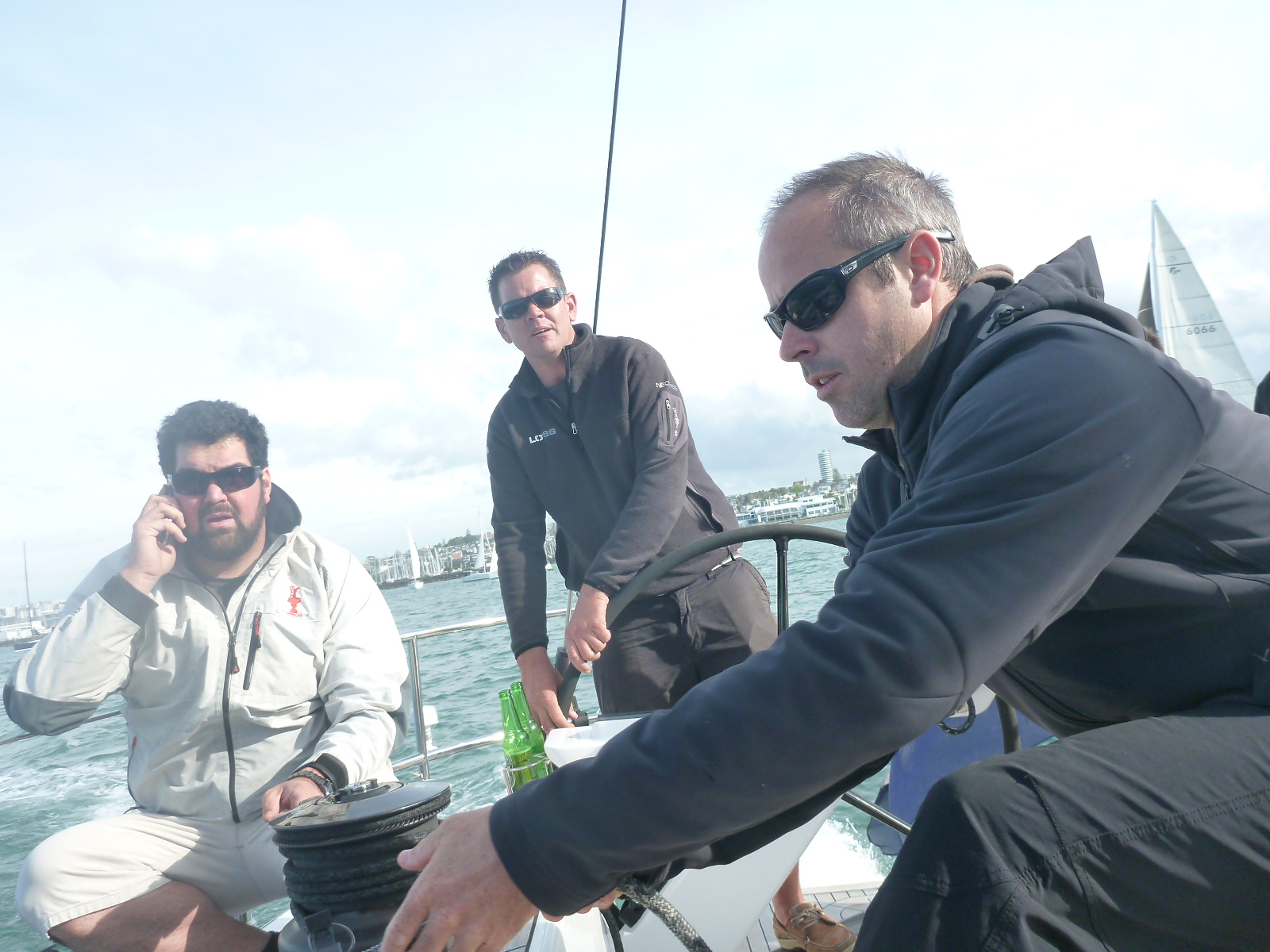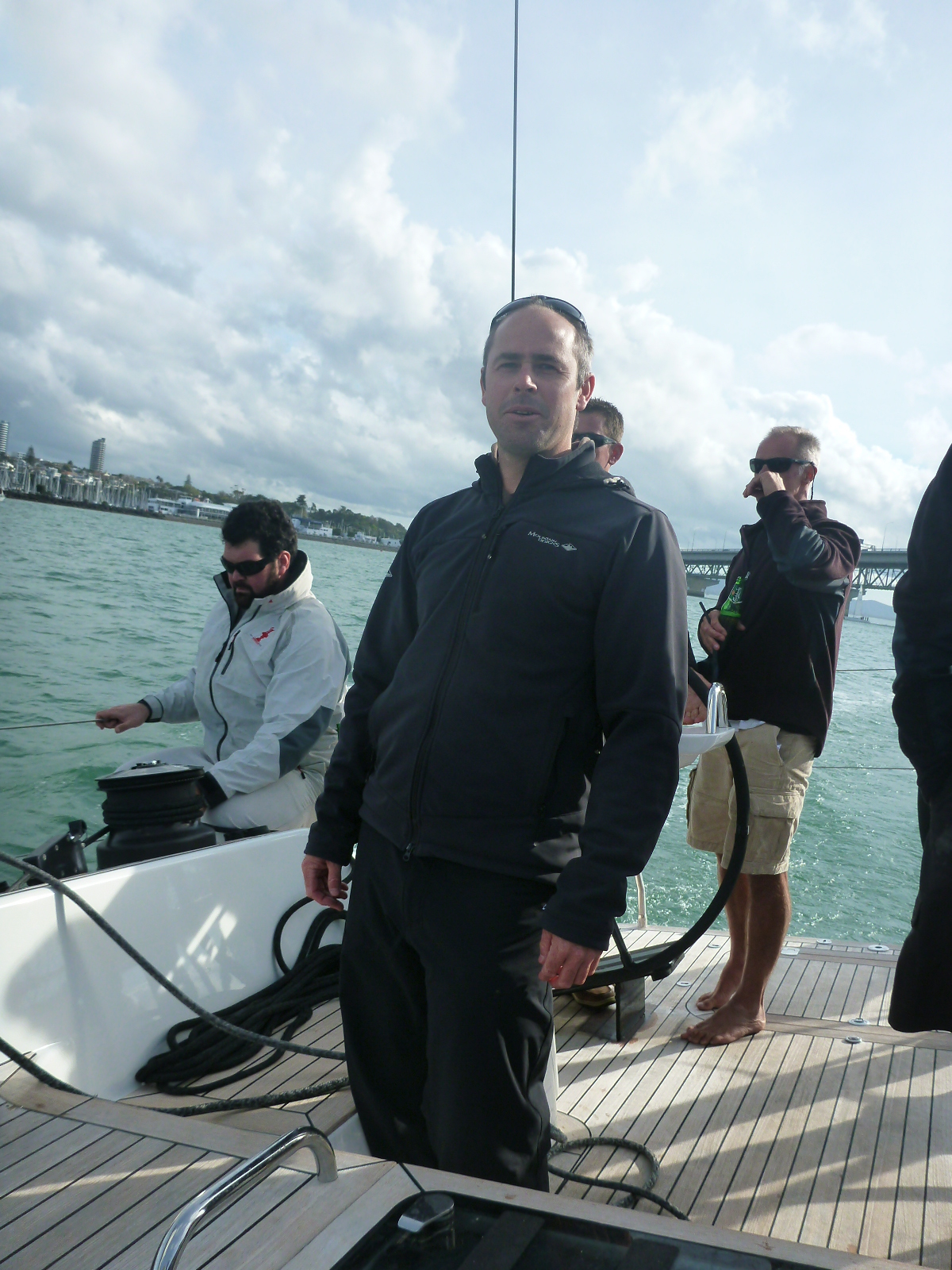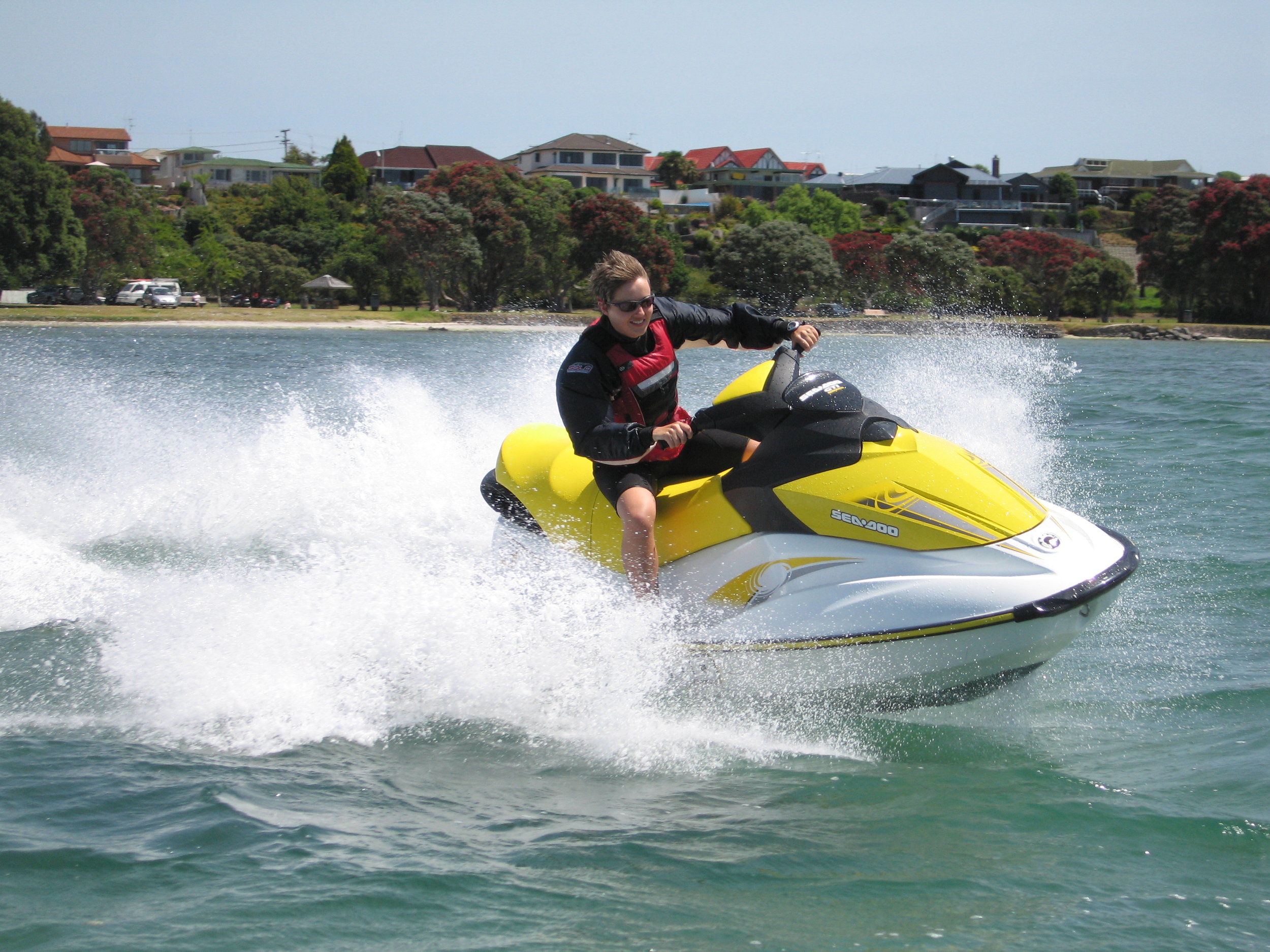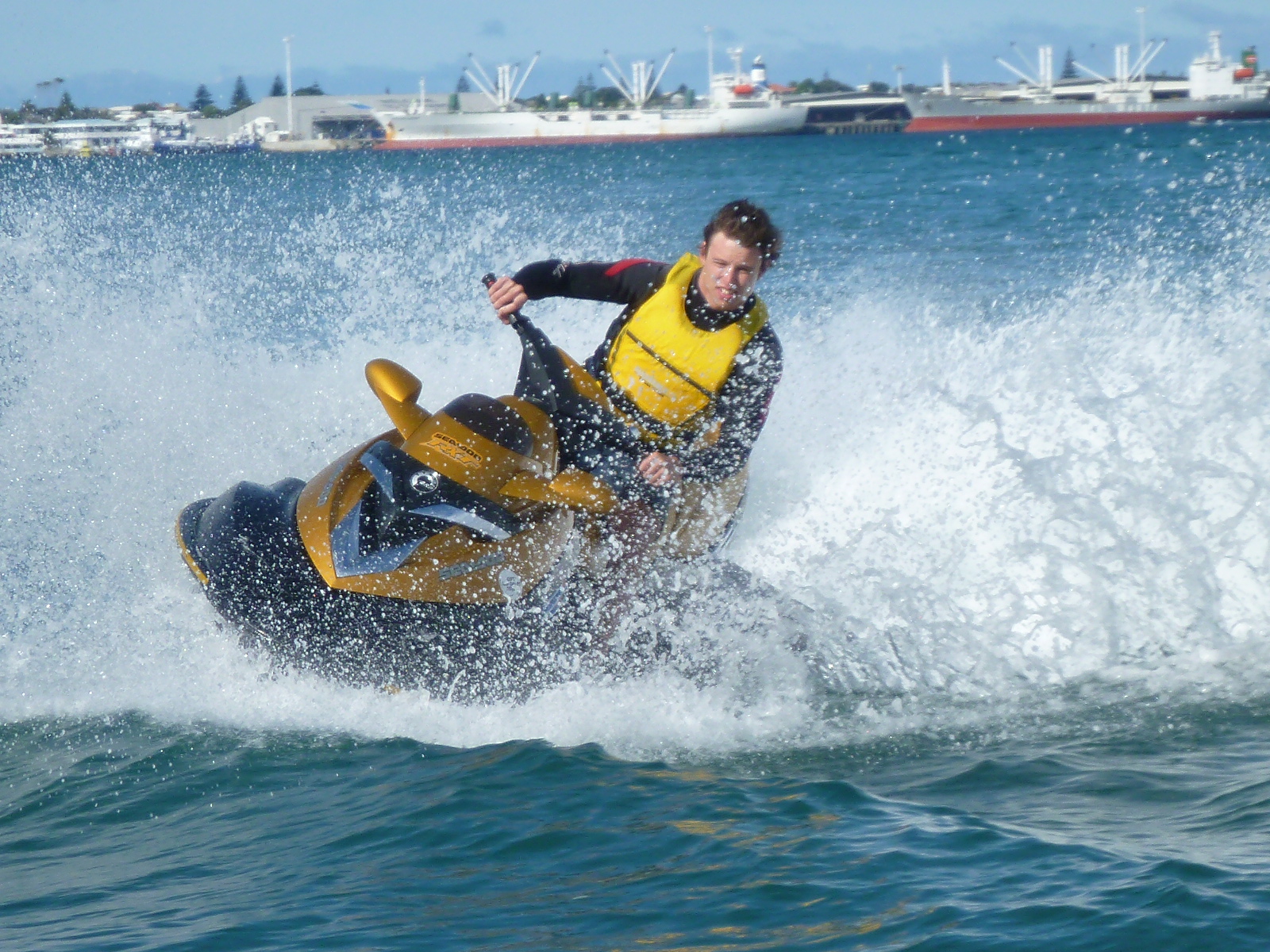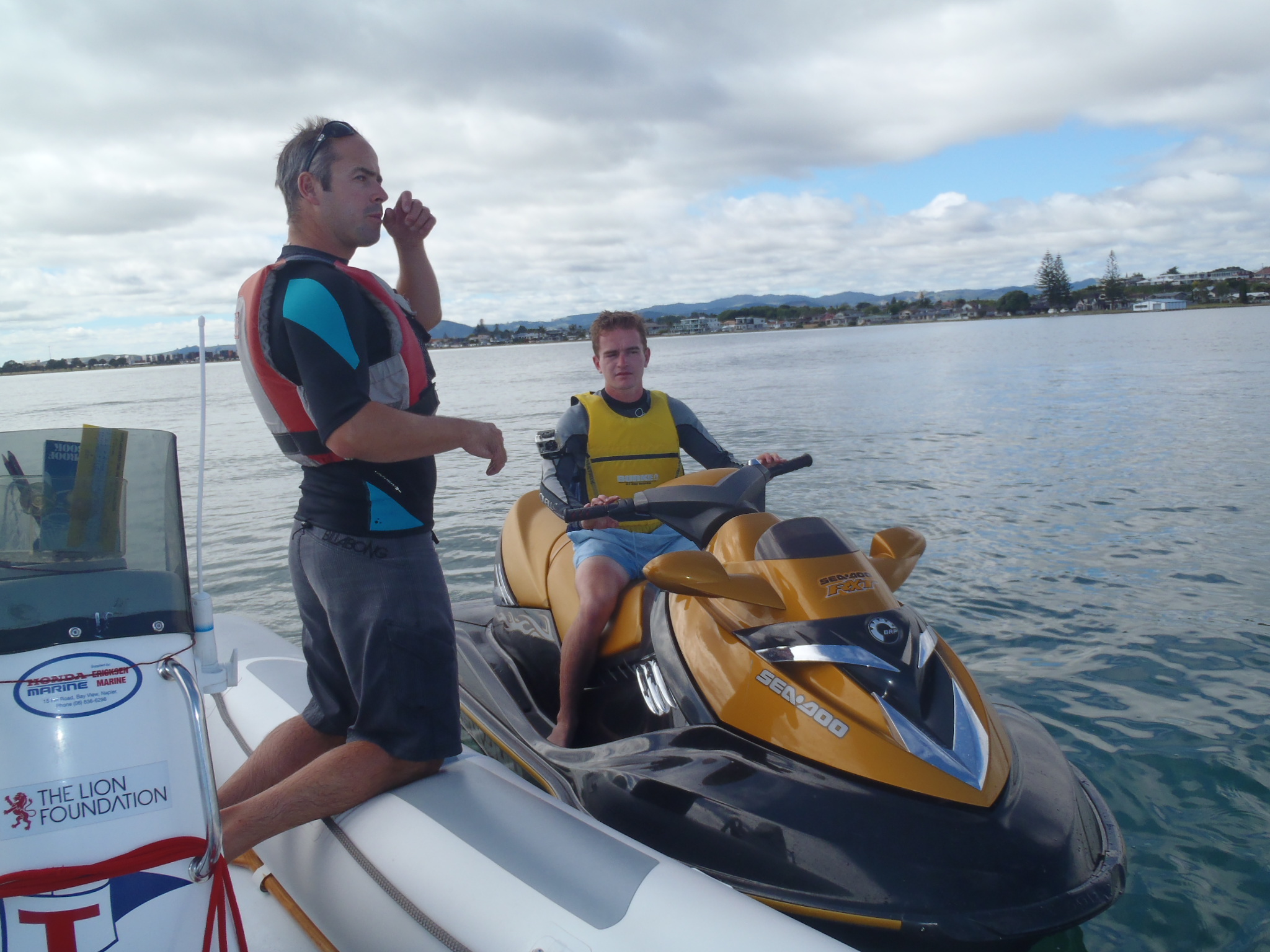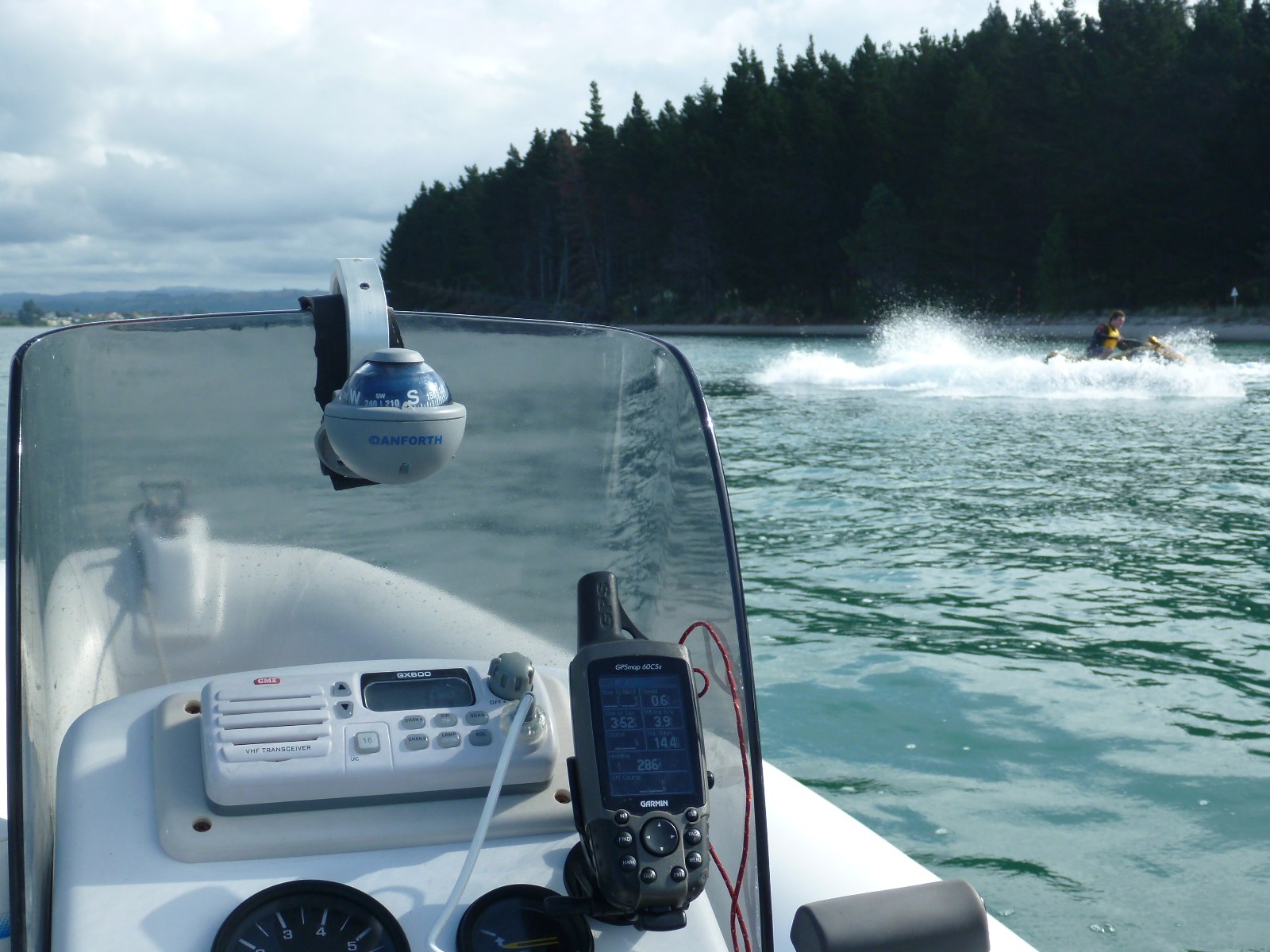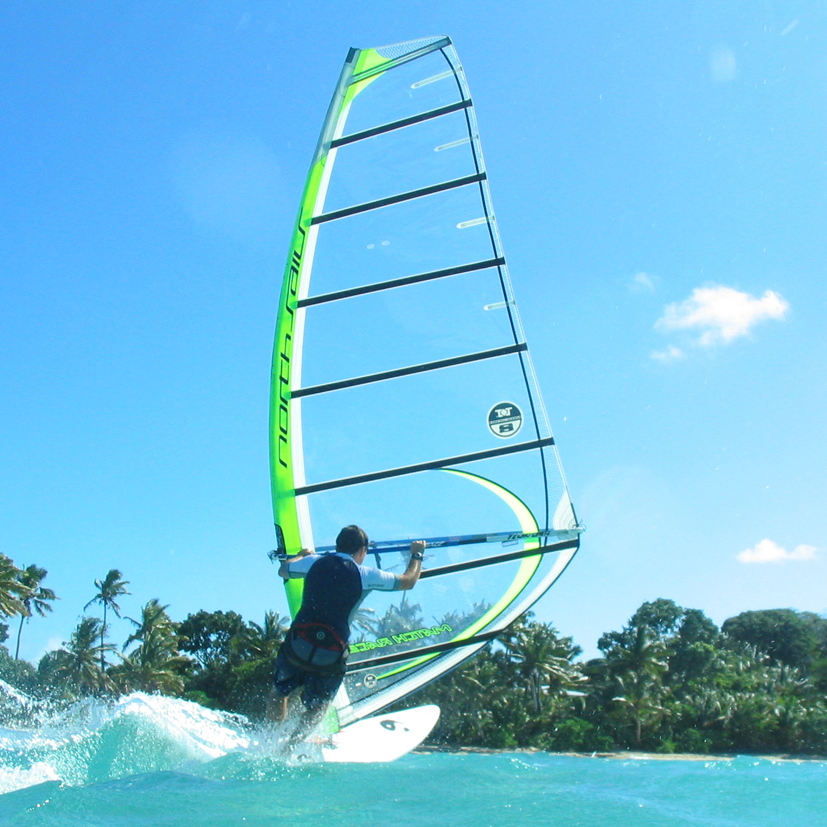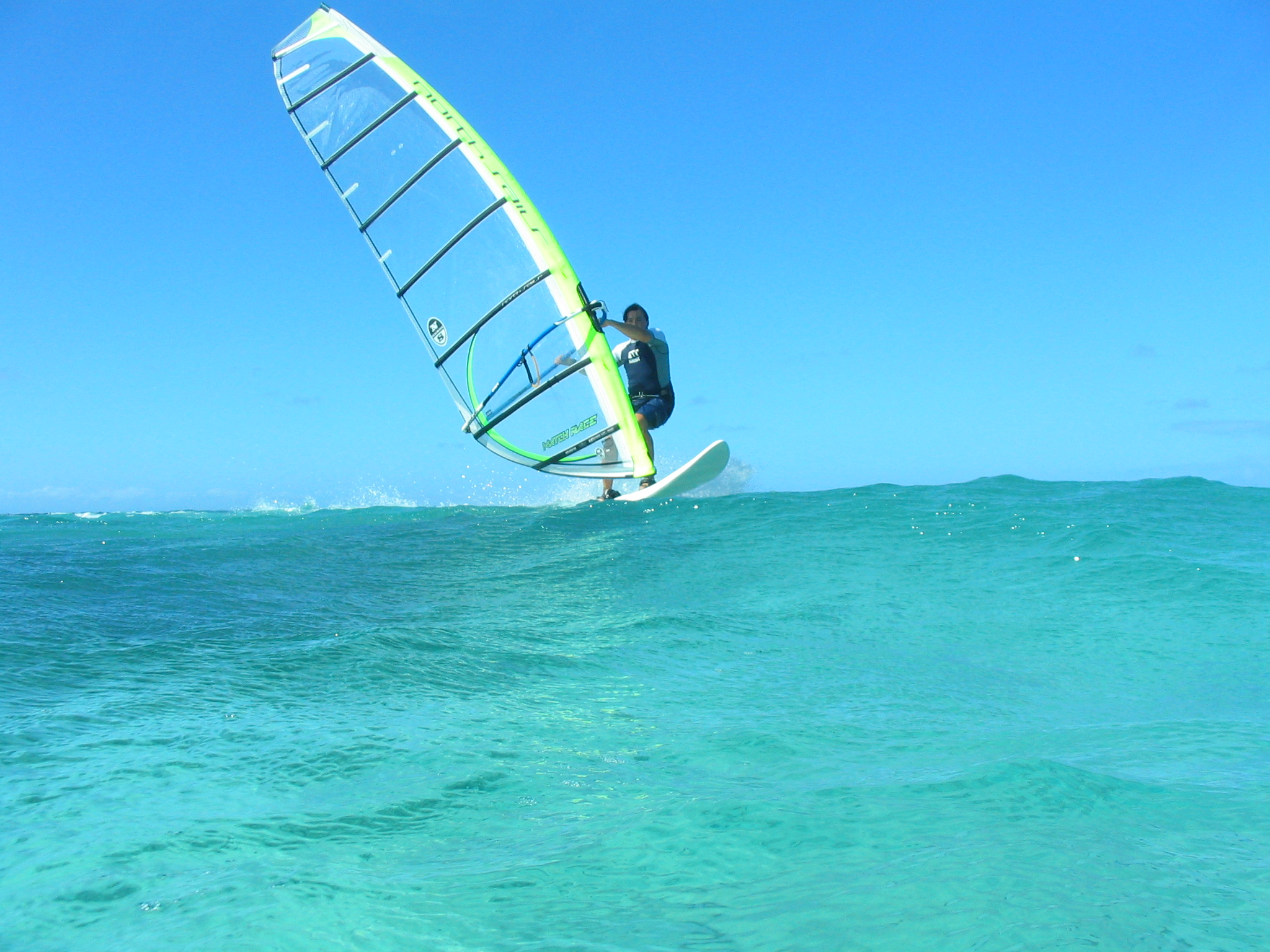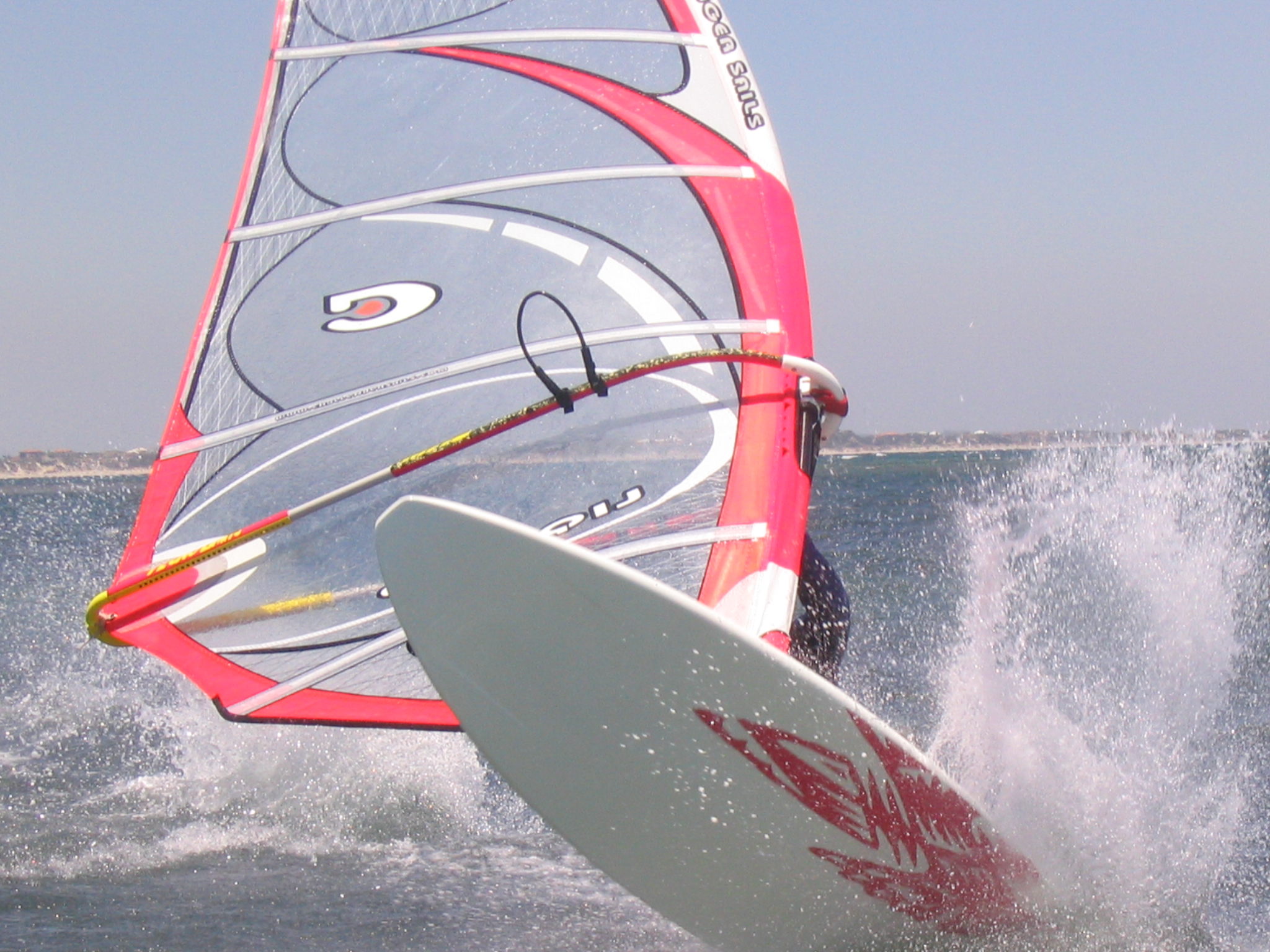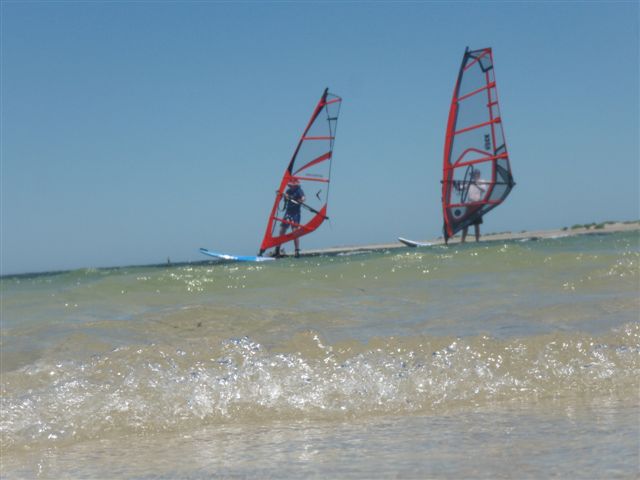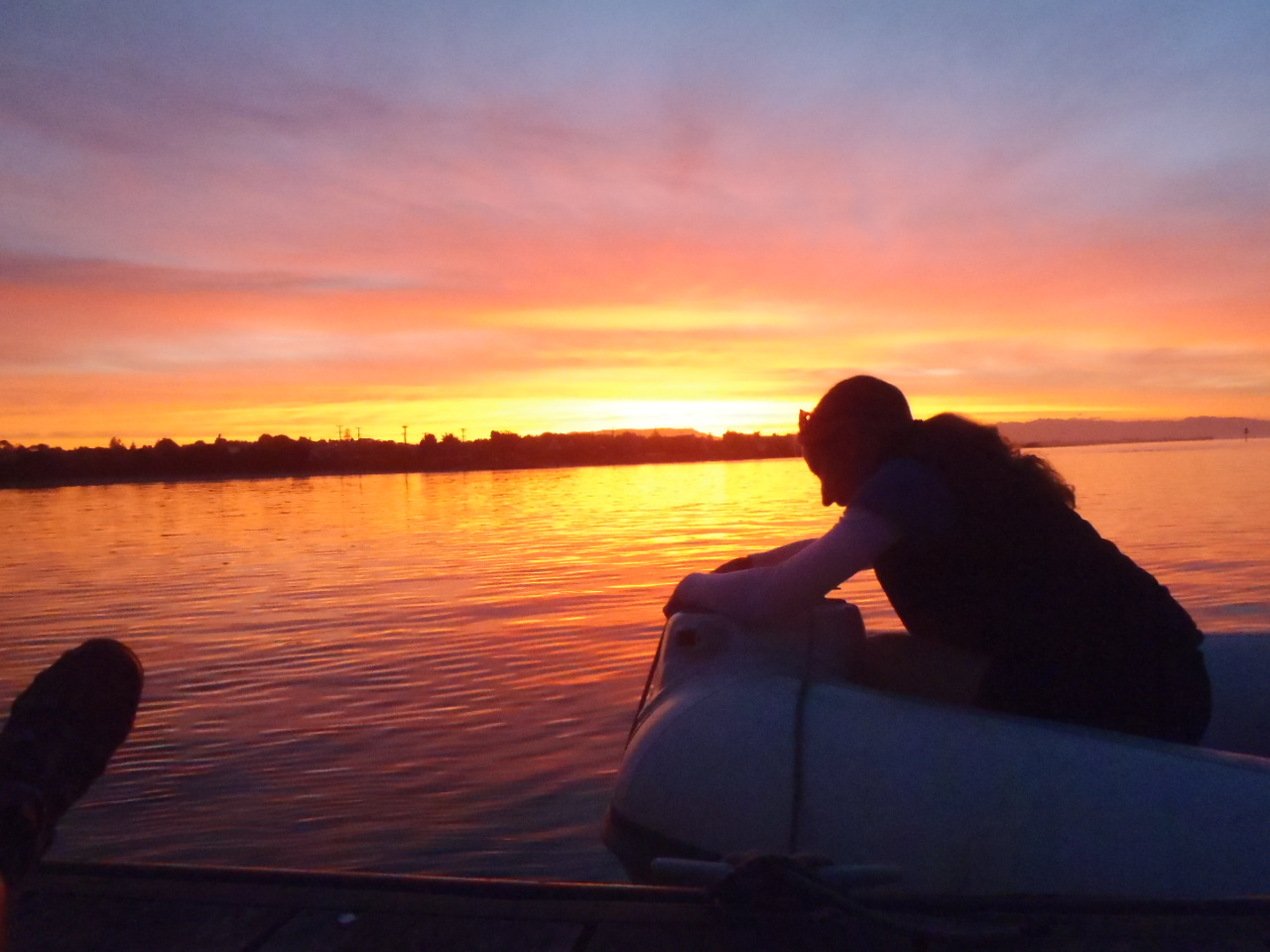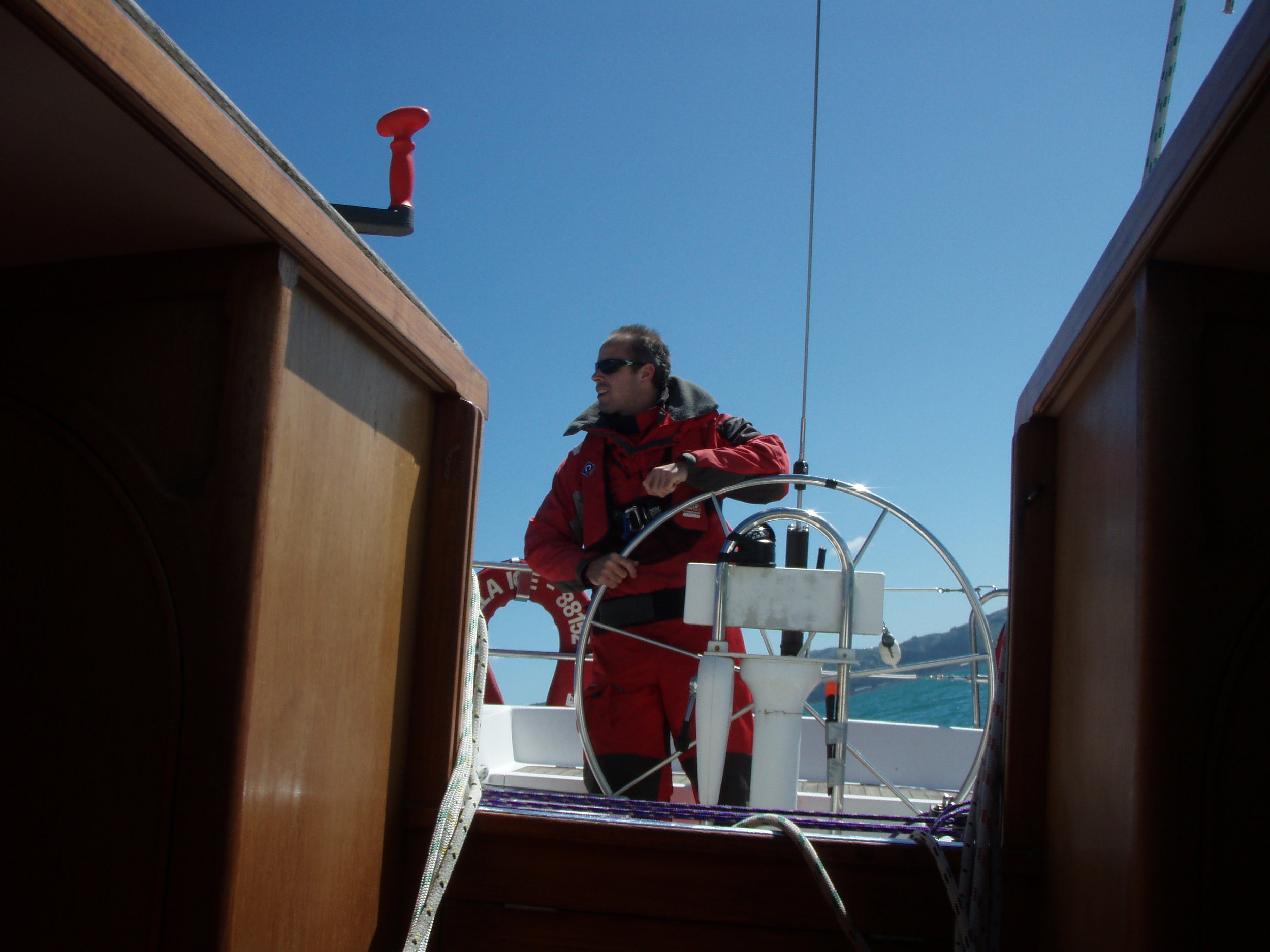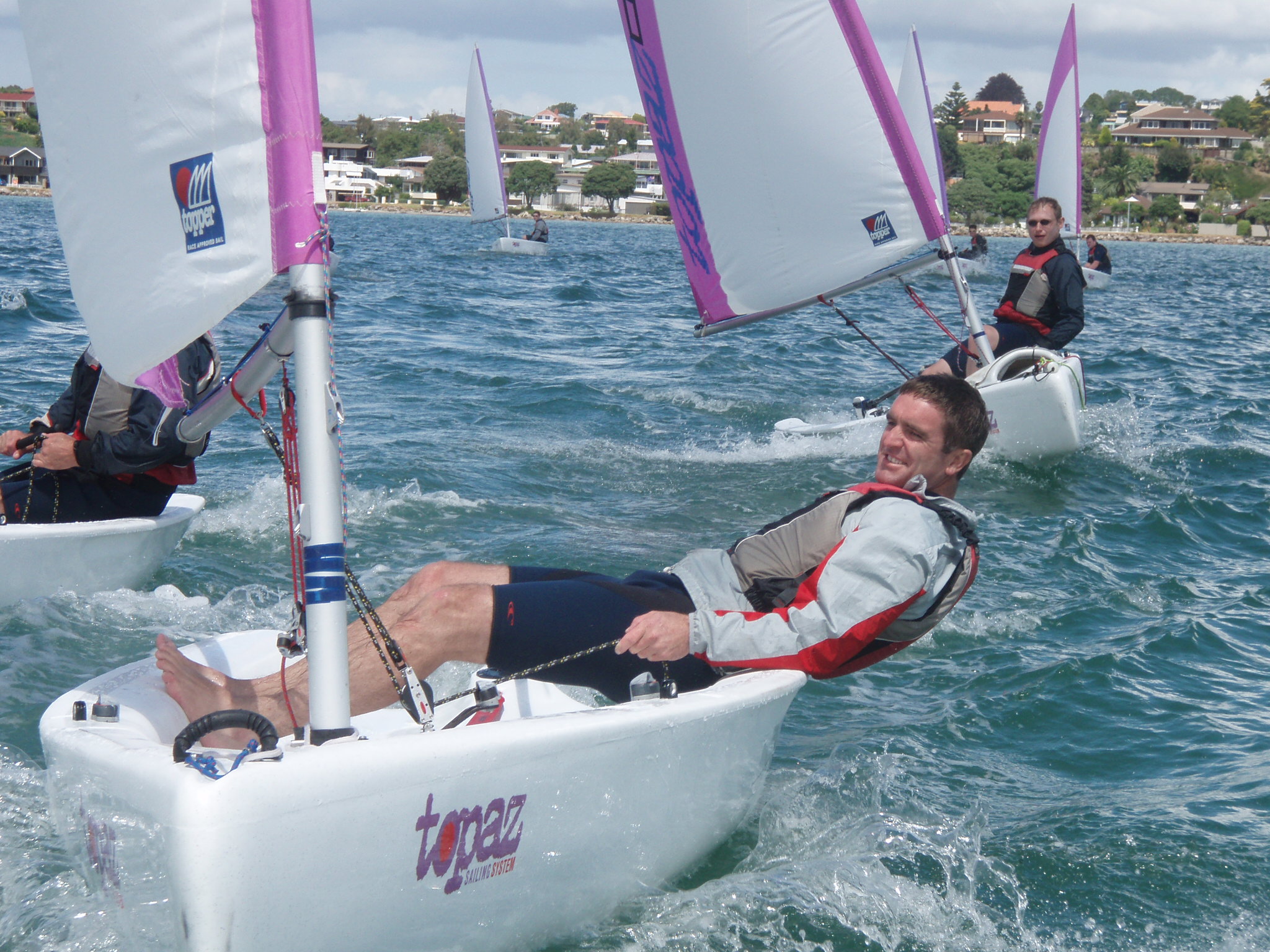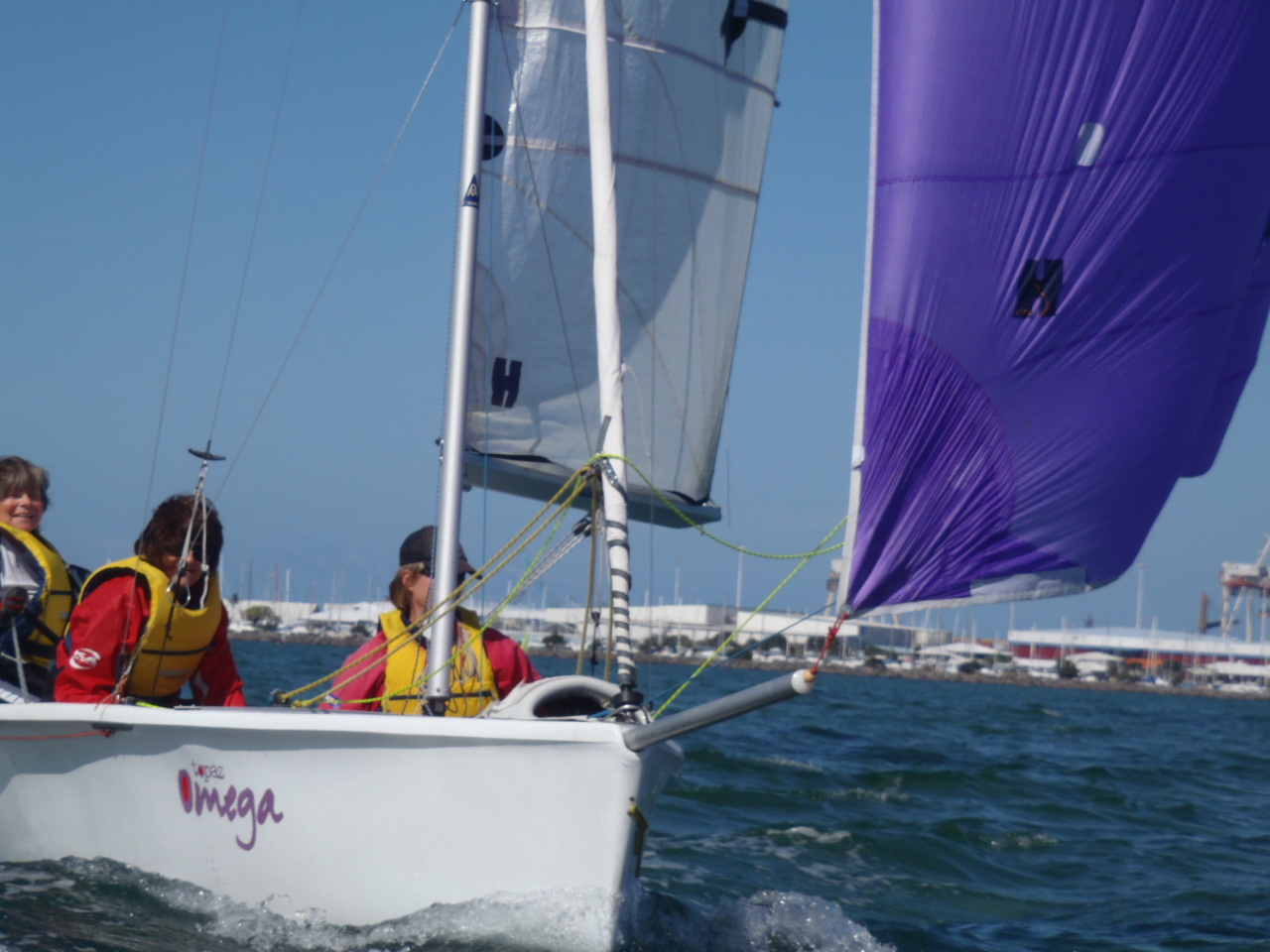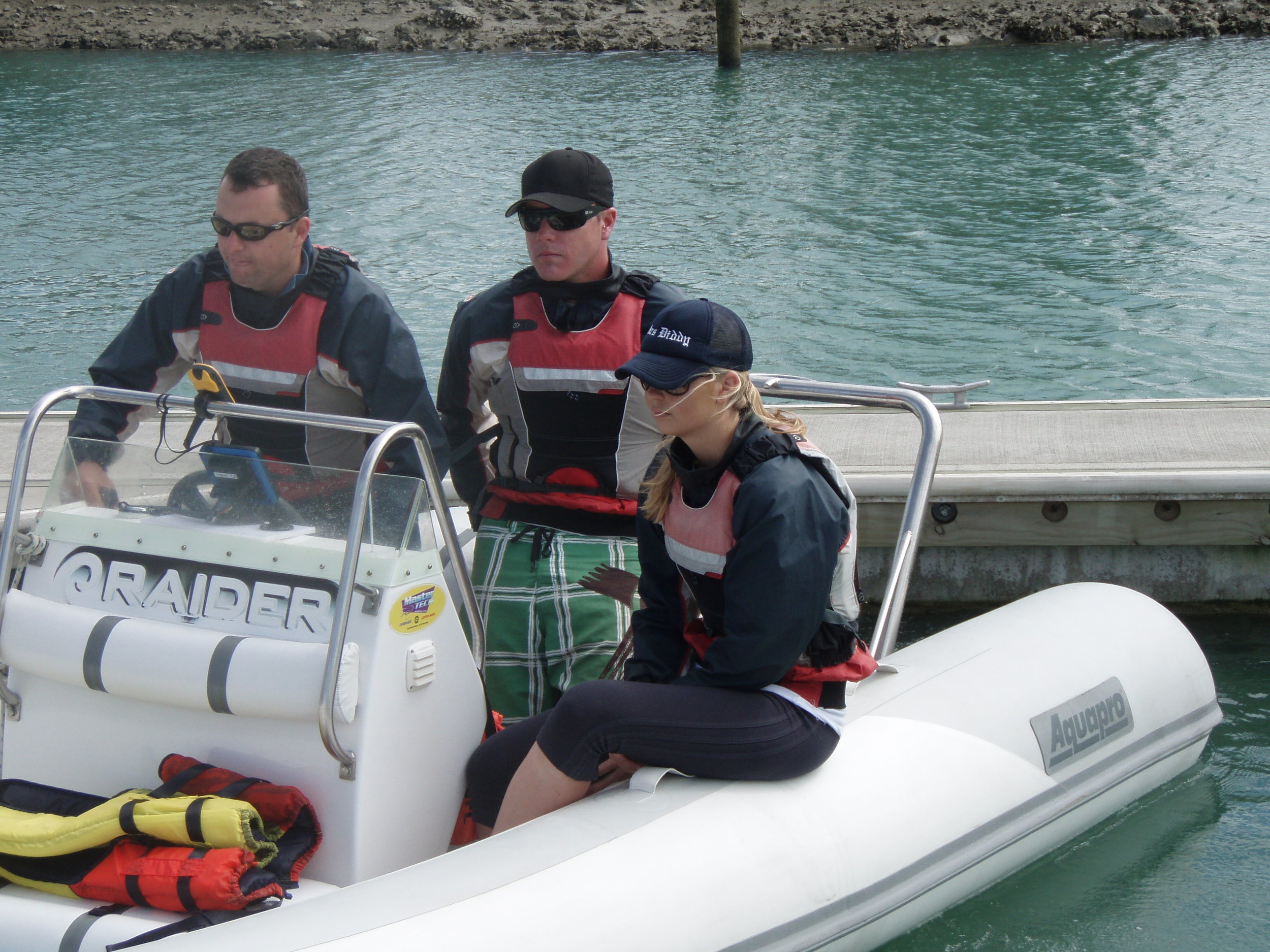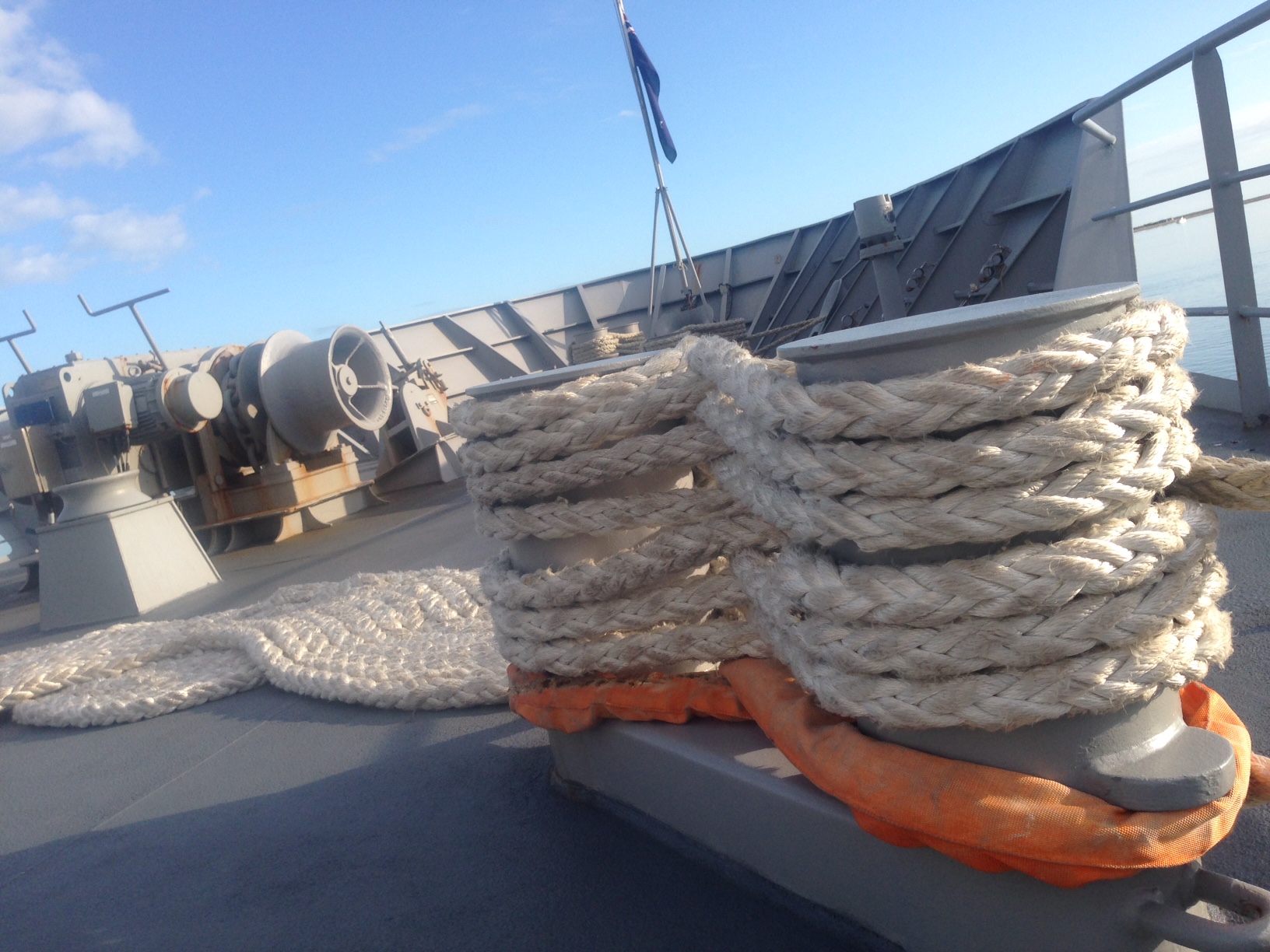“Safety - not a gadget but a state of mind”
/Learn from accidents and develop a safety mindset.
In recent times there have been a number of recreational boating accidents that have made the headlines.
There are a number that specifically come to mind. First is the Gairloch tragedy in which three young children drowned.
Second the mother and daughter who died on board a motorboat on Lake Windermere from carbon monoxide poisoning, and most recently the Padstow RIB accident in which a father and daughter lost their lives and other family members were seriously injured.
So what went wrong?
It is a striking fact that the majority of watersport activities are safe, but what is immediately clear in these cases is that quite unexpectedly what should have been a fun, rewarding and enjoyable day out ended in tragic circumstances and inconsolable grief for family, friends and loved ones.
So what went wrong? Clearly, until any formal examination and investigation is complete in each case we will not know for sure.
Even then in some instances, such as that of Ouzo in which three men lost their lives in August 2006, mystery may continue to surround an accident and what exactly happened may never be known.
Speculation; positive or negative?
What is equally clear is that in the flurry of media interest that followed all of these accidents, the absence of concrete facts has never prevented a considerable amount of speculation and guesswork as to why each incident happened.
There is something unsavoury about the self-appointed experts who are lined up to give their opinions in the aftermath of a fatal accident.
However, having listened to the speculation, I am not sure now that speculation is a bad thing if it reduces complacency and gets us all thinking about hazards and dangers.
In particular, those risks which we can do something about by taking sensible seamanlike precautions.
I have just witnessed a woman verbally berating her partner for not wearing a kill cord when they are out on their powerboat! They are both consciously aware that there is no room for complacency and that using a kill cord is a sensible thing to do, irrespective of the outcome of the Padstow case.
Our own attitude to safety on the water
I am the first to admit that it is not always easy to identify hazards and how we could be vulnerable to events that might go badly wrong.
That is why there is great merit in learning lessons from others if it gets us thinking about our own attitudes and behaviour when out on the water.
The RYA’s key safety messages are aimed at providing simple safety information based on gaining knowledge and skills, looking after yourself, having a plan and ensuring you can communicate in case of an emergency.
I am sure that everyone who reads this article will think carefully about wearing an appropriate lifejacket or buoyancy aid dependant on what type of boating they are doing, but do we give equal thought to checking the forecast before setting off for the day?
Does someone know where we are going and when we will be back?
Do we continue to think about these things when moored for the night if we are using the dinghy to go ashore? Kill cords and lifejackets should not be considered as optional extras on the way back from the pub.
You can read more about your safety on the water in Safety Information
How we can reduce the risk to ourselves
Safe behaviour and practice ultimately protects life and equipment and is vital for the enjoyment of recreational boating at every level that it takes place.
The RYA recognises that realistically, we can never eliminate danger completely; nevertheless, we continue to promote and to supplement personal knowledge, skills and experience and to build on the RYA ethos of self-reliance and responsibility for safety on board.
It would therefore be foolish and complacent not to add to this learning from accidents, it would be equally foolish for any of us not to consider the issues that arise in media speculation and to ask ourselves if there are things that we could usefully do to reduce the risk to ourselves.
Stuart Carruthers, RYA Cruising Manager
Quote: "safety not a gadget but a state of mind" Eleanor Everet, safety expert.

![safety-state-of-mind-232[1].jpg](https://images.squarespace-cdn.com/content/v1/517defb8e4b01510f835cfce/1369871100382-G8H67BT7YBVBUWLUAYJL/safety-state-of-mind-232%5B1%5D.jpg)

